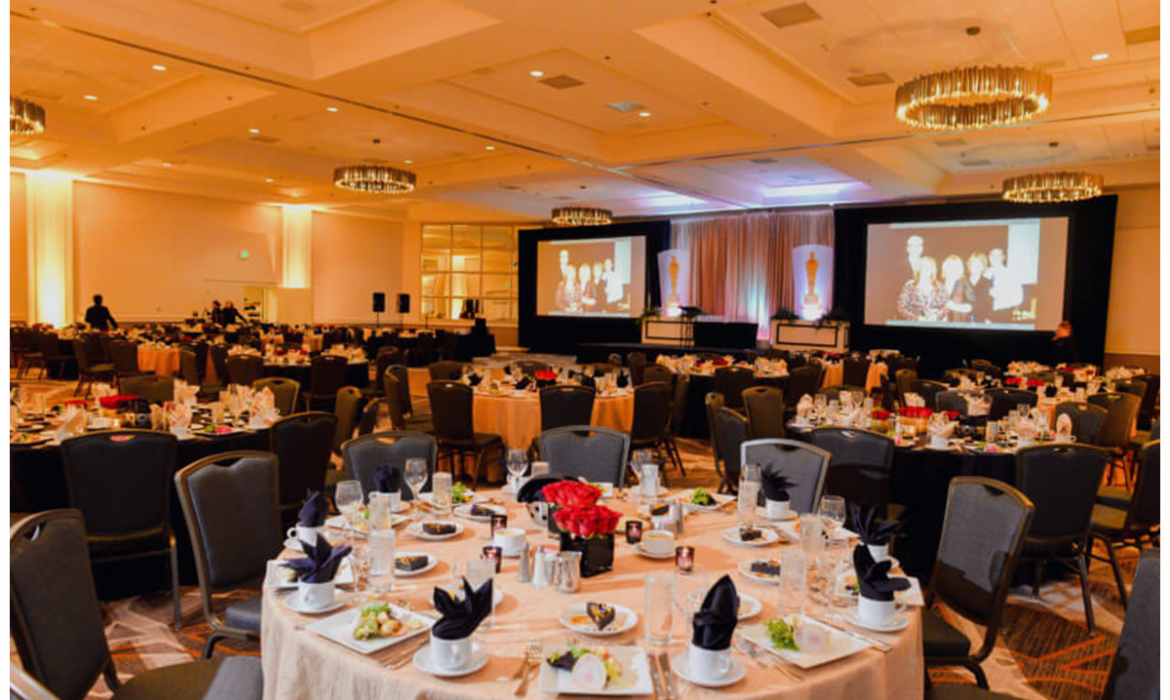How To Plan A Corporate Event?
The world of corporate event is fascinating. There is a variety of purposes, different varieties of attendees, in fact, corporate events are very diverse. These are basically business-oriented. The series of actions is just for growth purposes, better sales, and positive market positioning. The constant pursuit of serving, making a great impact and connecting different stakeholders makes the need for in-person interaction imperative.
Here are the steps you need to consider when you are tasked with coordinating and managing a corporate event.
Step: 01 Design The Event Project Life Cycle![]()
Each event moves from the concept to the planning and from implementation to the results.
You should start with the idea along with its feasibility.
You should know the event goals and objectives, what message you want to share and what type of format to employ.
Here you also need to assemble the planning team.
Next, you need to set up the planning process. Finalize the event date along with the requirements of the event.
Step: 02 Ensure An Efficient Work Breakdown Structure
After you figure out the event strategy and planning stages you need to transform them into actionable tasks, which you will assign to the different team members.
Depending on the desired goals, it would be wise to work with the corresponding teams and design a strong event strategy. This work breakdown will be very beneficial for flawless coordination and event planning.
Step: 03 Facilitate Clear Communication
For a successful corporate event, you need to have a big team. That is why using common terminology with the different teams is a must.
It is also very important to create an event database where you can track all the necessary information, and it must be accessible to all the team members.
You need to establish the event’s dynamic to discuss the new challenges and to track the process.
Step: 04 Make Use Of The Transferable Skills
You can always ask the team members who have the necessary skills to overcome the planning challenge. For example, you might find someone from the marketing team who can help you in promoting the event on social media. Or someone from HR might know how to moderate a conference or a workshop.
Companies run multiple events during a year, which means once you have deprived one you need to start planning the other one.
That is why you will achieve greater efficiency if you will create a clear-cut event planning methodology.



